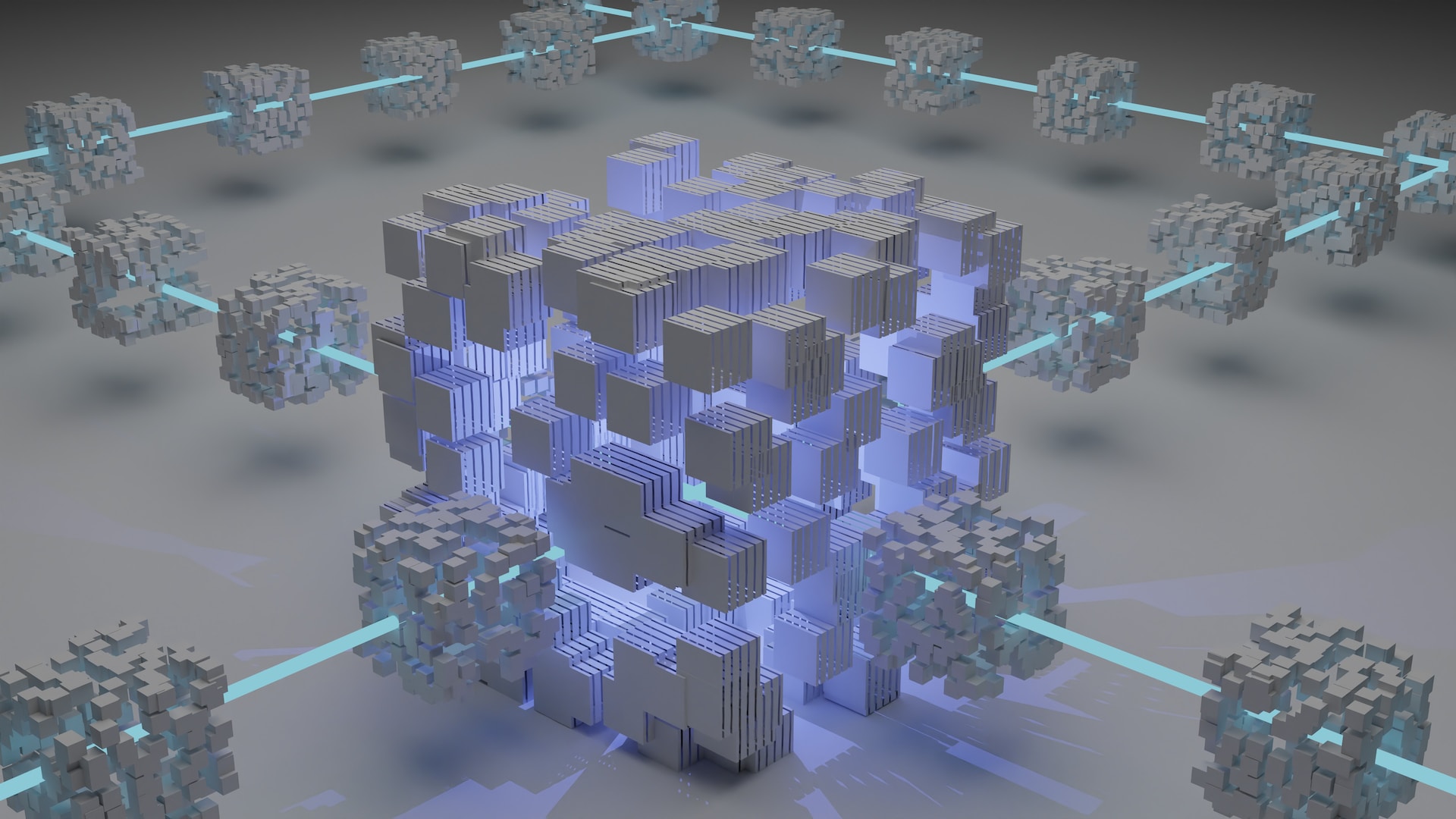Key Takeaways:
- Wayru is a decentralized Internet service provider aiming to democratize Internet access.
- The innovative startup operates with a unique node-sharing system and blockchain-based tokens, WRU.
- Decentralization may be the future of urban internet access providers, breaking the monopoly of traditional providers.
As the digital era continues to evolve, so too does the demand for more effective, accessible, and equitable means of online connectivity. One startup that is reinventing the current model of Internet service provision is Wayru, based in Miami, Florida. The company’s mission focuses on two key aspects: decentralization and democratization of Internet access, particularly in an urban development context.
But what precisely does this mean? In essence, Wayru is breaking away from the traditional model employed by the majority of Internet service providers (ISPs). The startup aims to create a decentralized internet network, where the ownership and operation of Internet nodes are held by individuals, rather than corporate entities.
The innovative differentiator of Wayru lies in its utilization of decentralization as a core functioning principle. By enabling people to establish, share, and secure network nodes, the power is shifted from large corporations to the masses. The most intriguing component of this decentralization is the use of the WRU, Algorand-based tokens, which participants can earn through several means. For example, establishing a node, sharing an existing connection, or helping to secure the network can all yield tangible financial rewards. This not only provides an incentive for participation but also breathes life into the notion of Internet access as a community commodity, rather than a privately-owned service.
Another unique aspect of Wayru’s business model is its use of diverse technological platforms, such as fiber, wireless mesh, unlicensed spectrum, and blockchain technology. Such multifaceted technological integration could potentially set the trend for future urban Internet access providers in their quest for efficient, equitable, sustainable, and democratic Internet distribution in cities.
Looking forward, there exists a certain level of intrigue around the future of Wayru and the industry it operates in. As the decentralization of massive sectors continues to become more than merely a tech buzzword, the potential impacts on urban Internet access are significant. Wayru could serve as a blueprint for how startups can use blockchain and community participation to break the monopoly over internet access dominated by traditional ISPs.
If you wish to learn more about Wayru’s intriguing and groundbreaking approach to Internet service provision, explore their website at wayru.io, visit their official social media profiles on Facebook, Twitter, or Linkedin. Better yet, consider becoming a part of the future of equitable Internet access by establishing your own node and participating in the WRU ecosystem.
Ready to amplify your reach and engage with the most dynamic community in the venture world? Consider sponsoring an article with us. Learn more about our promotional opportunities and sponsored articles here.
Your story could be the next big hit on US Venture News!












Follow Us